Lavagem Industrial / Artigos
Industry 4.0: what is and what it really means for companies
Industry 4.0 opened the flood gates to disruptive innovation. But what does it really mean for companies?
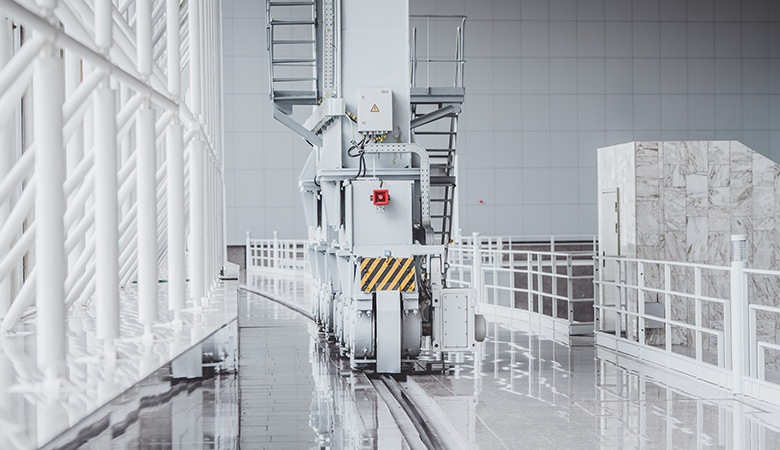
 10 minutos de leitura
10 minutos de leitura
2022-09-15 14:17:36
Artificial intelligence, robotics and the Internet of things – these are not platitudes. Once confined to the realm of science fiction, these are now common words, their underlying frameworks and methodologies hailed as revolutionary. All stem from one key factor – the rise of Industry 4.0. This is what it means for companies, what its benefits and risks are, and how it is shaping businesses.
What is Industry 4.0?
Industry 4.0 is a revolutionary new concept that integrates different state-of-the-art technologies to digitize industrial activities, improve processes and increase productivity. Dubbed the 4th Revolution Industrial, it represents a technological leap, allowing companies to automate increasingly complex functions. In fact, Industry 4.0 broad scope involves functions that have for millennia been an exclusive of the human mind and uses data analysis to decide with greater speed and precision than humans ever could.
This is a new reality where algorithms make industrial processes smarter and, above all, autonomous. By incorporating various technologies into one unified “processing “ unit, Industry 4.0 effectively enables machines to “talk” to each other. In sharing data and instructions, it opens the doors to the development of new products, projects and production processes.
Industry 4.0: How did we get here?
To truly grasp the full suite of Industry 4.0, it’s important to take a step back. So far, humanity has undergone three industrial revolutions, the result of fundamental changes in our way of life.
Industry 1.0
Industry 1.0, also called the 1st Industrial Revolution, occurred in the mid-18th century, and started with the discovery of coal as an energy source. This milestone led to the invention of the combustion engine, which paved the way to new machines and transportation vehicles of people and goods. Coal – and the ensuing innovations – made it was possible to forego animals, human labor and other artisanal procedures as the primary sources of energy.
Industry 2.0
The 2nd Industrial Revolution was of a similar nature. It also started with a bang: the invention of electricity in the twilight of the 19th century. At the time, it was a totally disruptive driving force that filled the heart of men with possibilities and illuminated the way to the first assembly line. The discovery was a stepping stone for large-scale production and mass distribution.
Industry 3.0
Also dubbed the digital revolution, industry 3.0 started taking shape in the second half of the 20th century and brought computing and programming to assembly lines and offices. Computers and the Internet gradually replaced analog with digital systems, modernizing work in many industries. It also kick-started globalisation.
Industry 4.0
Finally, Industry 4.0 integrates both digital and physical realms with state-of-the-art technology. It is the cornerstone of smart factories and intelligent production processes, with the ability to self-manage and autocorrect. Industry 4.0 combines, manipulates and interprets data to achieve unprecedented levels of efficiency.
Industry 4.0: what are the pros and cons
Industry 4.0 has plenty of benefits for companies but it is not free of risks or challenges.
Advantages of Industry 4.0
Industry 4.0 has several obvious advantages: a high level of autonomy increases speed and output, reduces waste and allows staff to maintain control and quality.
The intelligent automation provided by Industry 4.0 reduces the need for human intervention, which minimizes the probability of error. Also, it cuts operational expenditures: for example, software can schedule maintenance visits and fine-tune production parameters to reduce waste.
Employees win too. Industry 4.0 makes processes safer and more comfortable and reduces the occurrence of work-related accidents.
All this, thanks to one key element: data. Industry 4.0 relies on large amounts of data, and its algorithms extract and analyze information. Thus, manager can better substantiate decisions and act faster.
Risks of Industry 4.0
Despite its advantages, Industry 4.0 also raises some concerns.
The main one has to do with jobs. Reskilling employees at the center of change into more value-adding task is a monumental endeavour. But new jobs are being created – precisely to develop the technology and equipment needed for Industry 4.0.
Another factor pointed out as an advantage of Industry 4.0 is also one of its key risks. The more connected a company becomes, the more susceptible it will be to cyber attacks. After all, the same technology responsible for efficient production has the potential to stop it altogether. Security threats are becoming increasingly sophisticated, complex and difficult to detect and stop. Data protection hardware and software structures are essential to prevent production outages and even large-scale company shutdowns.
How does Industry 4.0 actually work?
The term Industry 4.0 does not refer to a technology, but to a set of solutions that work together. These are the main ones.
Internet of Things
Internet of Things, also known by the acronym IoT, refers to the connection established between various devices over the Internet. Such devices capture, store and transmit usage data, weather conditions and production parameters to trigger different procedures. For instance, one equipment may issue instant production reports or, specifically in industrial washing, calculate which resources are needed (such as water, detergent and energy) to ensure perfect results, consuming only what is strictly necessary.
This is the case of MultiWasher, a state-of-the-art industrial washing machine developed by Somengil, which represents the most advanced technology in the hygiene of every type of utensils.
Artificial Intelligence
Artificial Intelligence allows equipment to make decisions without human interference. The process takes place using advanced algorithms, which interpret events, analyze trends and perform actions. Put another way, machines go beyond performing given tasks and take a form of intelligence more similar to the human mind. In addition, equipment can perform tasks that a person cannot, such as working with hazardous materials or with elements not visible to the human eye.
Big Data
Big Data refers to the storage and processing of large volumes of data, of great variety and complexity. It is especially relevant when datasets are so large – and so diverse – that conventional software cannot manage them. Therefore, specific statistical and machine learning techniques are needed to extract important patterns and information. Big Data can generate insights that support forecasts, decisions and procedures.
Cloud
In the context of Industry 4.0, the Cloud is the infrastructure where systems, databases, networks and software is stored – online, rather than on-site. Thus, any user can access data remotely, with just an internet connection, such as a smartphone, computer, tablet or even a Smart TV. The Cloud significantly expands the connection possibilities between systems and devices, a critical feature of Industry 4.0.
Advanced robotics
“Cobots” have gained prominence in companies for one key advantage over their ancestors, robots. Cobots (a term born from mixing “collaborative” and “robot”) can change their behavior based on real-time data provided by sensors, which allows them to interact with the environment or with people. For example, cobots can stop before harming a worker. Thus, they can perform complex functions, while integrated alongside humans; on the other hand, “old-fashioned” robots still required specific fenced-off working areas.
How to implement Industry 4.0 in industrial washing
Industry 4.0 plays a decisive role in industrial washing processes. It optimizes processes and frees people to perform tasks that add more value. In short, it allows a careful and efficient use of valuable resources.
Industrial washing processes can benefit from the innovations of Industry 4.0 with a high-performance industrial washing machine – the MultiWasher. This equipment continuously collects the main data from each washing cycle – such as water pressure, temperature and duration – and adjusts them to fit each type of utensils being washed without human intervention.
In addition, the MultiWasher selects the ideal amount of detergent and drying fluid for each wash, thanks to its innovative and autonomous double-dosifier system.
MultiWasher, next generation washing
It is an inevitable global trend: machines will be increasingly intelligent and production processes more autonomous. To overcome the challenges of Industry 4.0, companies need clear and tested strategies. At Somengil, we continually look for new ways to keep up with technological developments, delivering innovative solutions to our partners that generate results. With the MultiWasher, we are setting the industrial washing process on course for the future. Schedule a webinar, and see the impact of this machine on your washing processes, or contact our team.
Também pode gostar
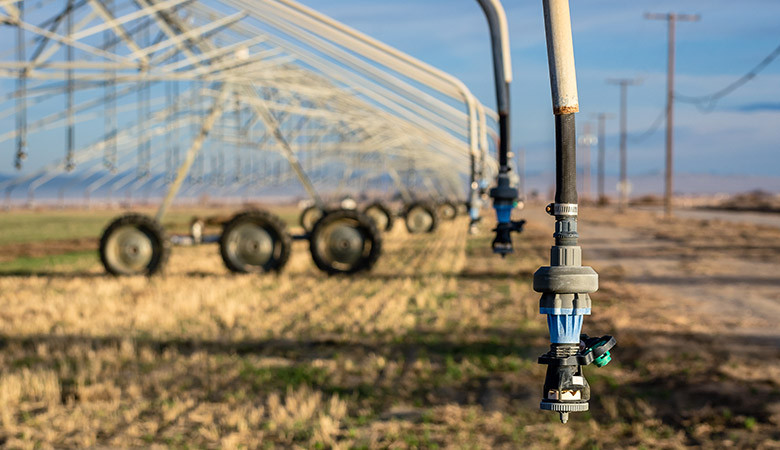
Lavagem Industrial / ArtigosArtigos
Saving water: 5 tips to apply in your operations
Despite repeated warnings, water consumption continues to grow at an unstoppable rate. Even on the face of increasing prices, tariffs and taxes,...
Postado em 2021-06-30
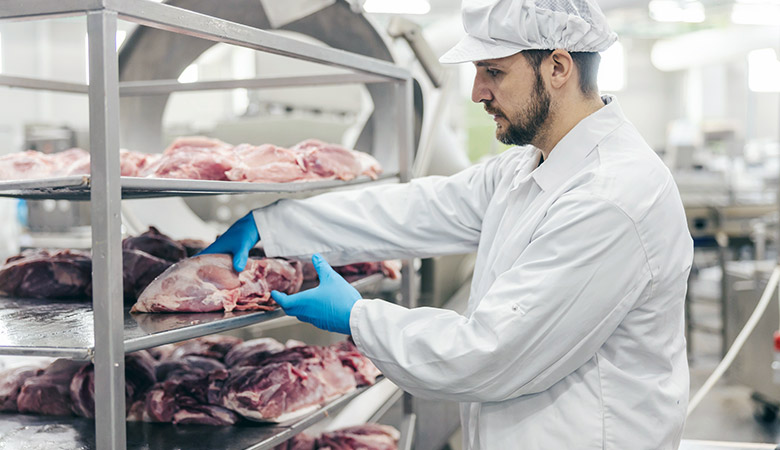
Lavagem Industrial / ArtigosArtigos
Meat industry: the complete guide for a perfect washing solution
The meat industry has specific hygiene needs stemming from a high risk of contamination. Find out how to choose the best washing solution.
Postado em 2023-09-07

Lavagem Industrial / ArtigosArtigos
Trolley washer: how to choose the best one for your business
Save time, water and energy with the right trolley washer for your business. This is what to keep in mind.
Postado em 2024-10-17
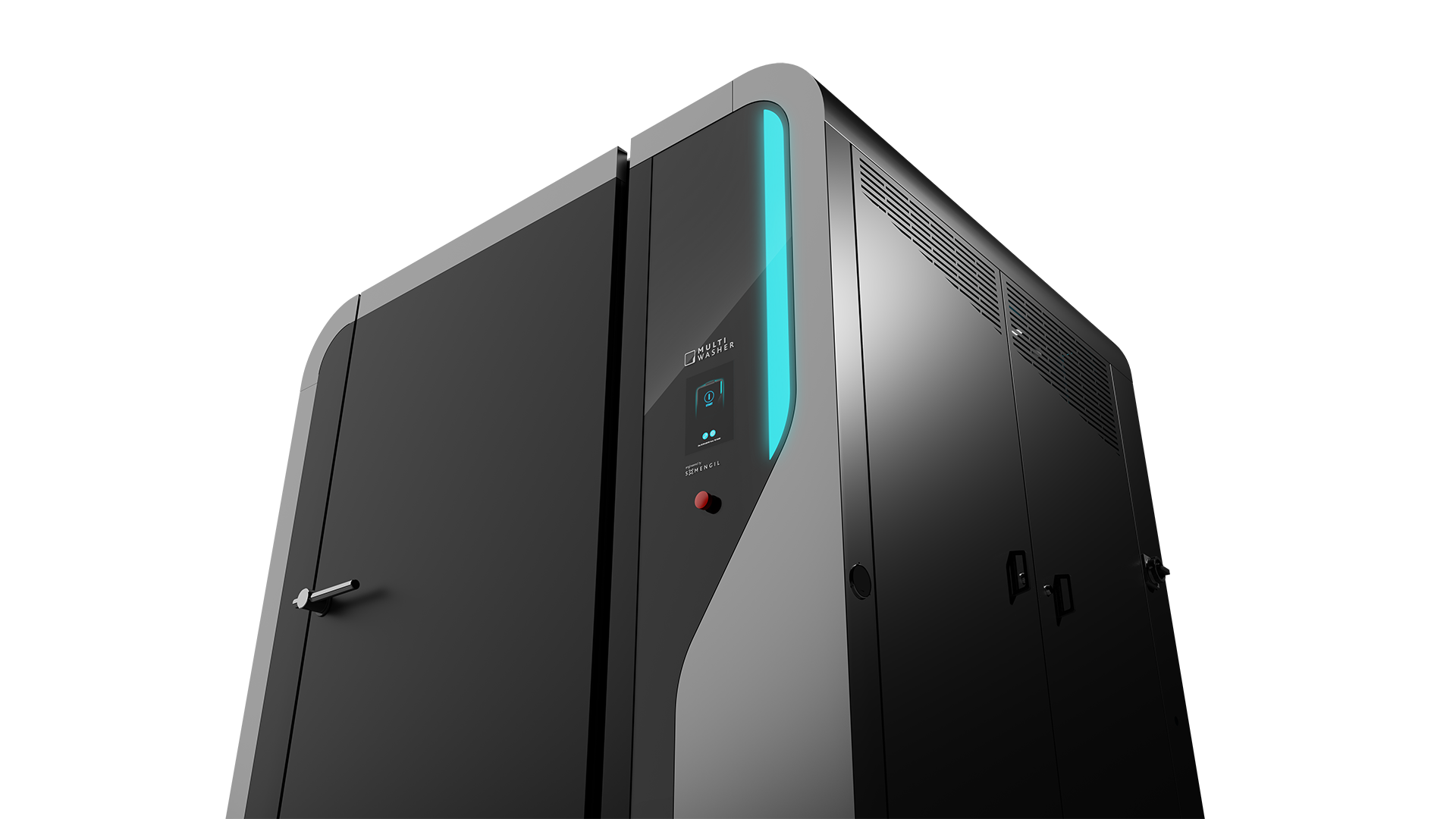
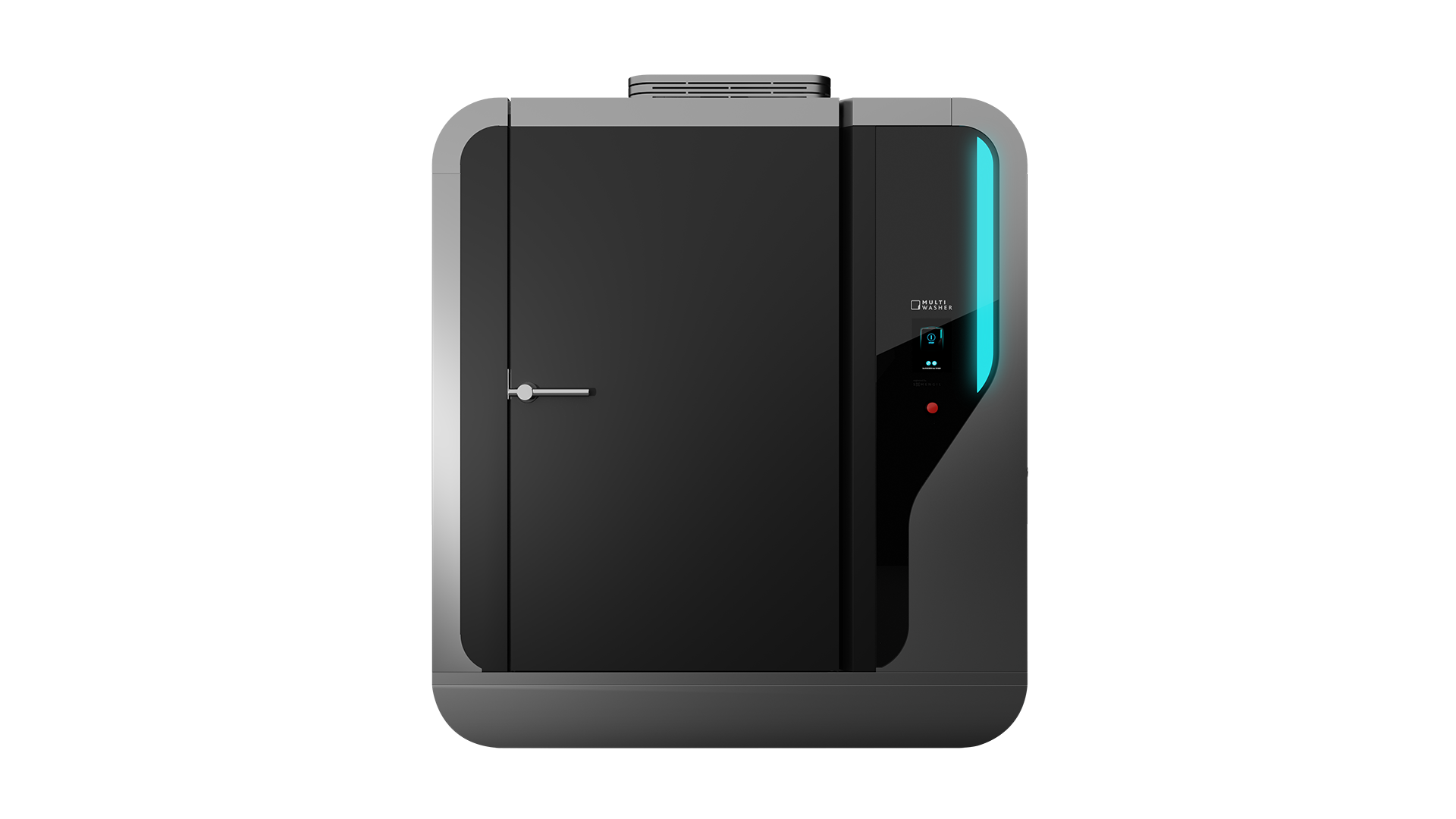
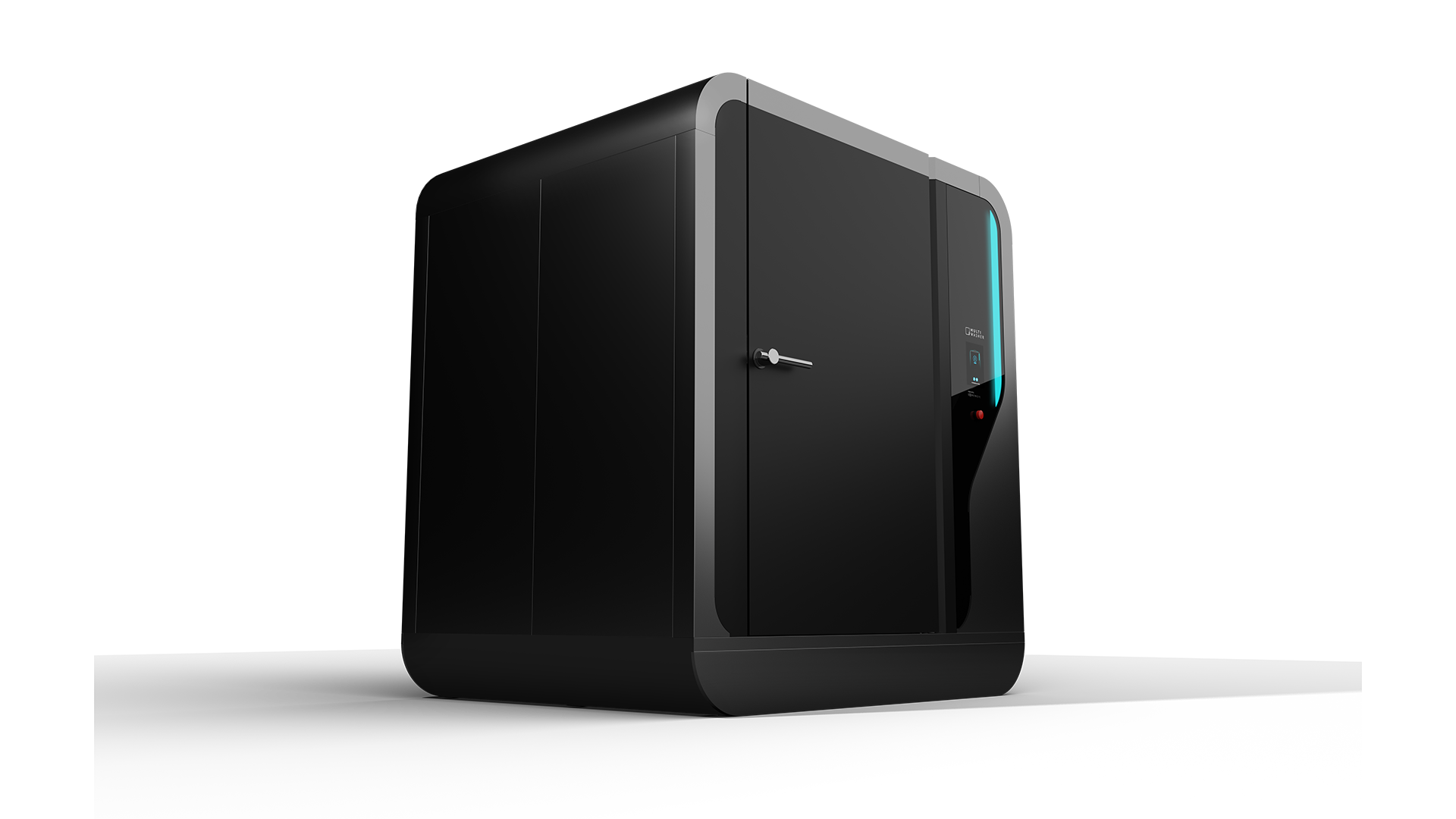
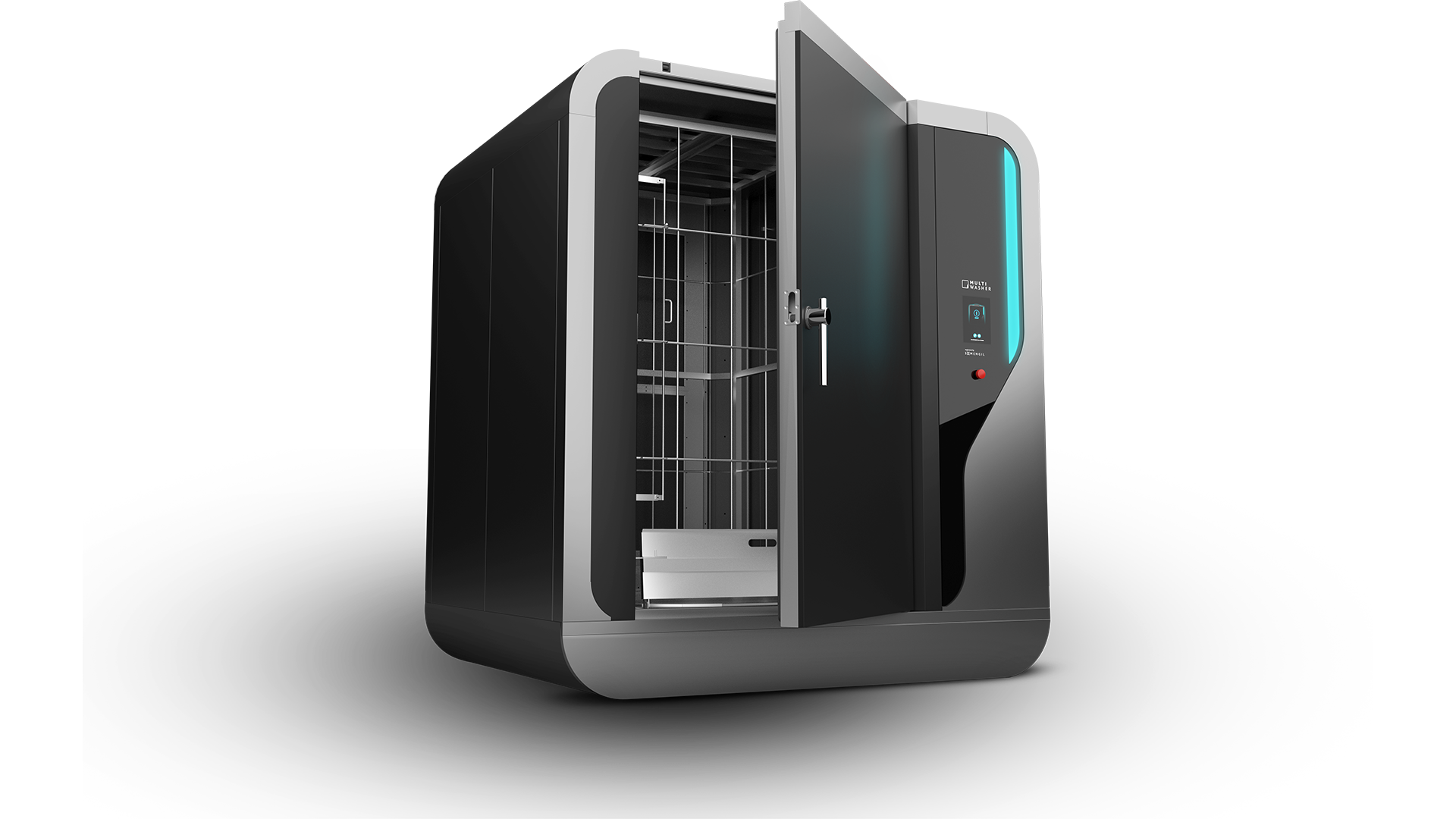
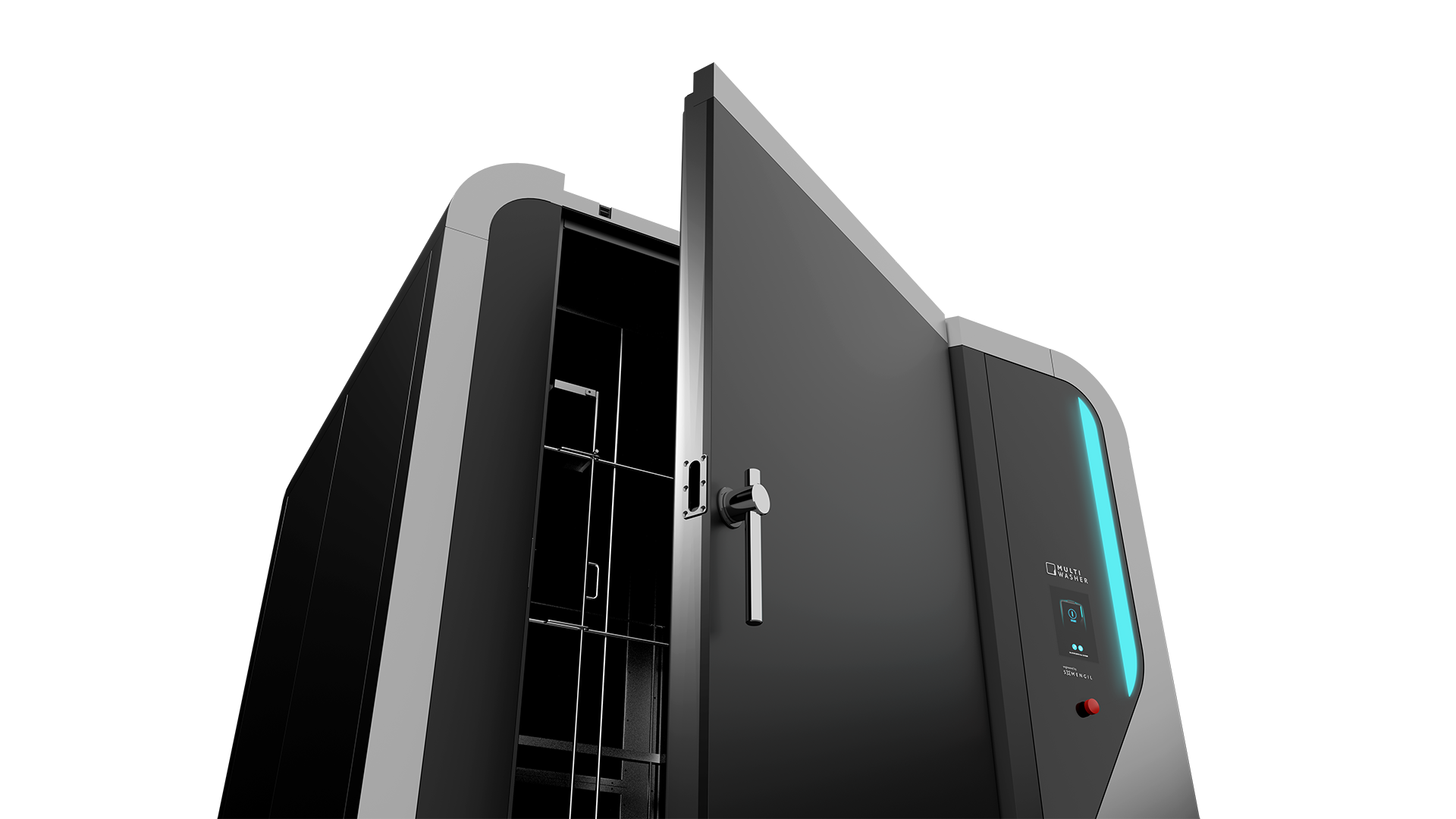
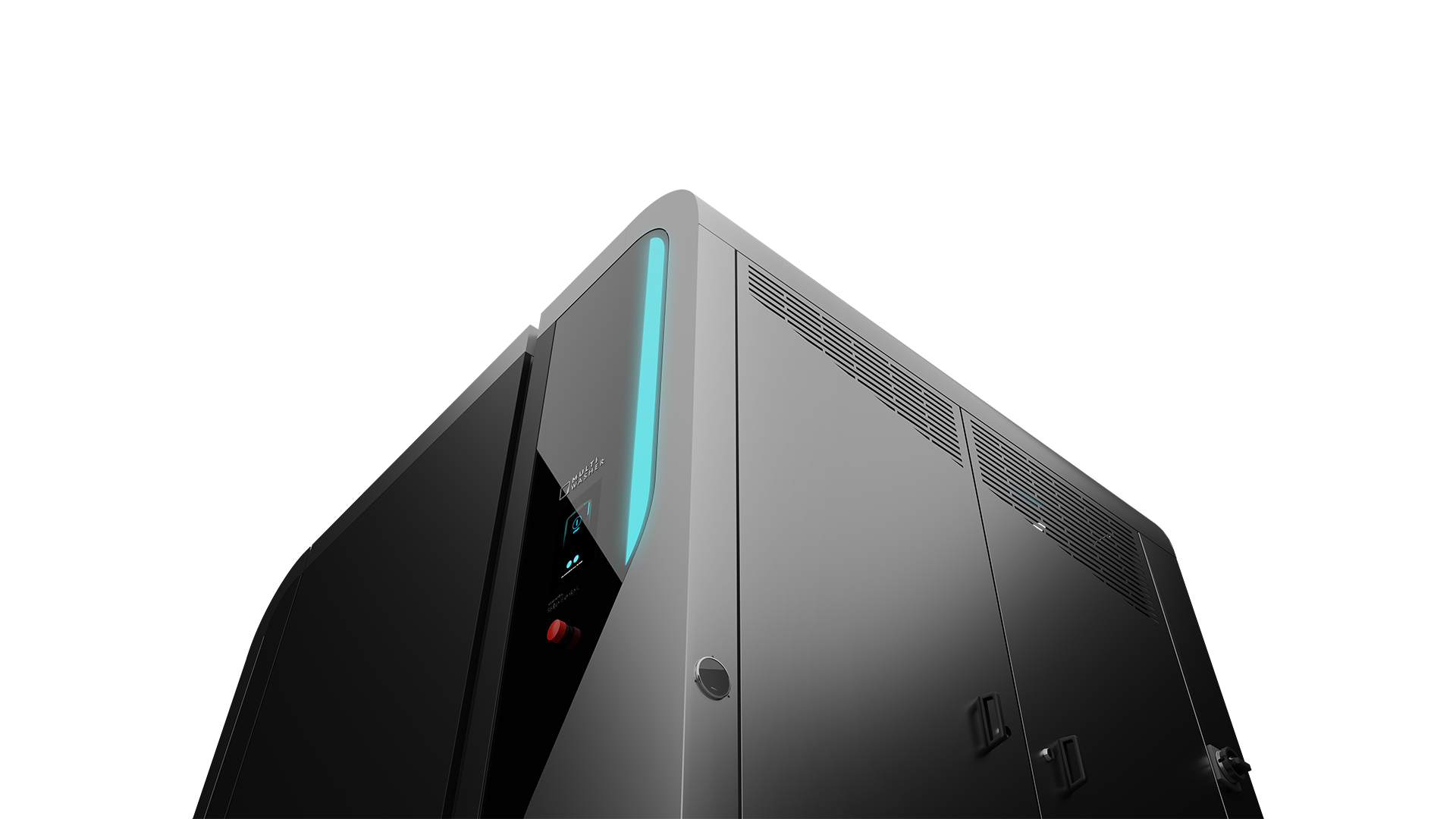
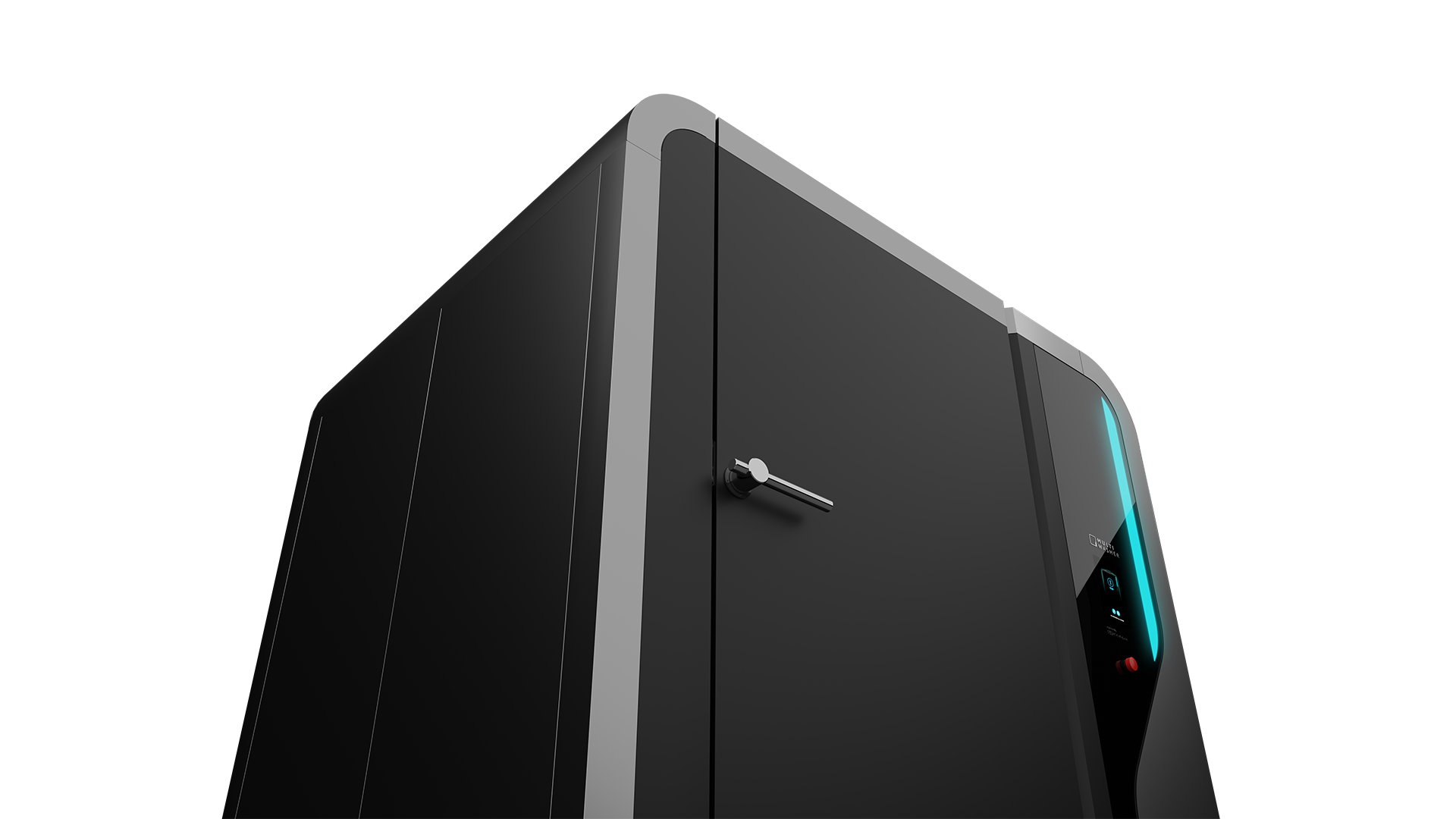
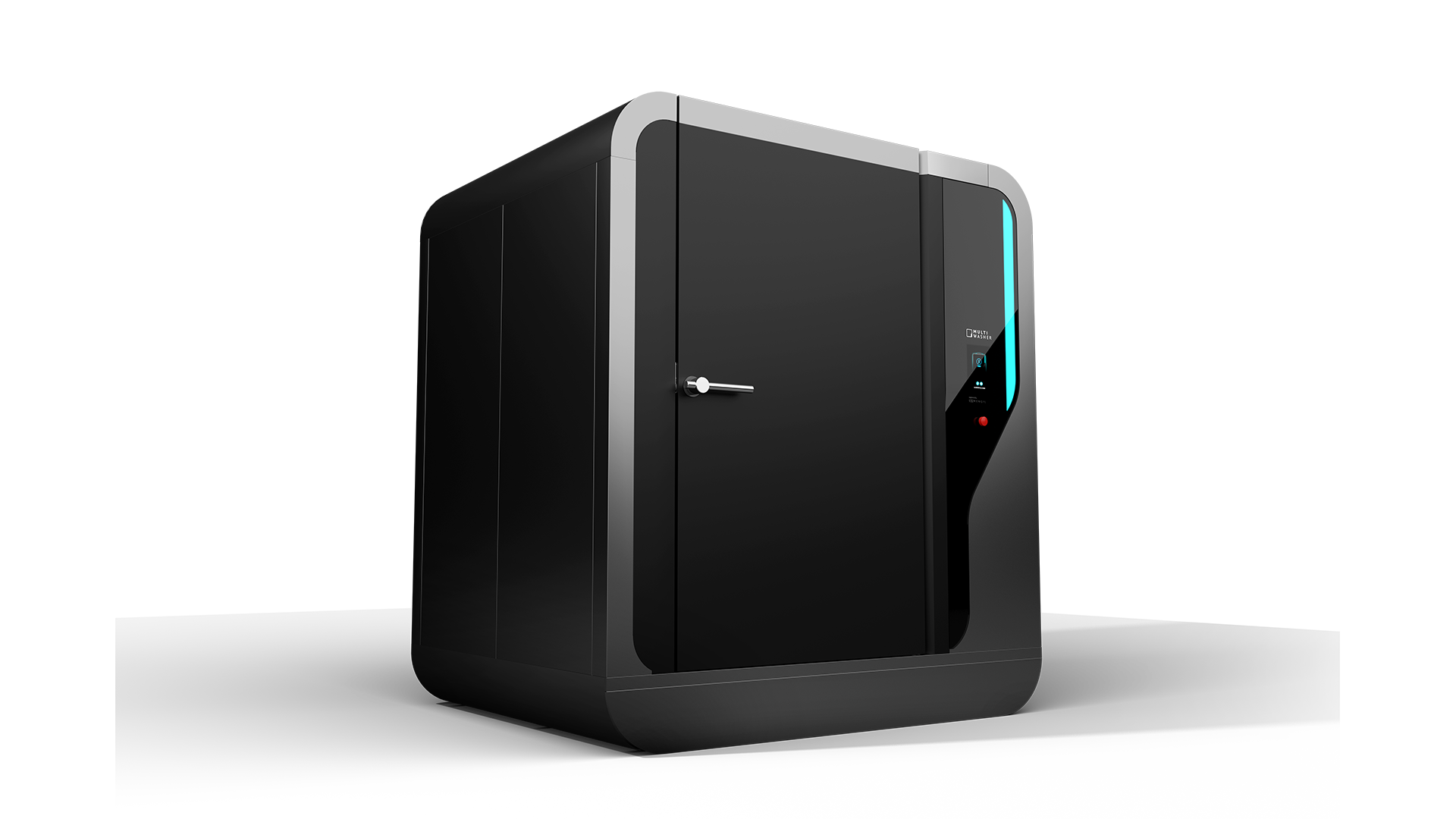
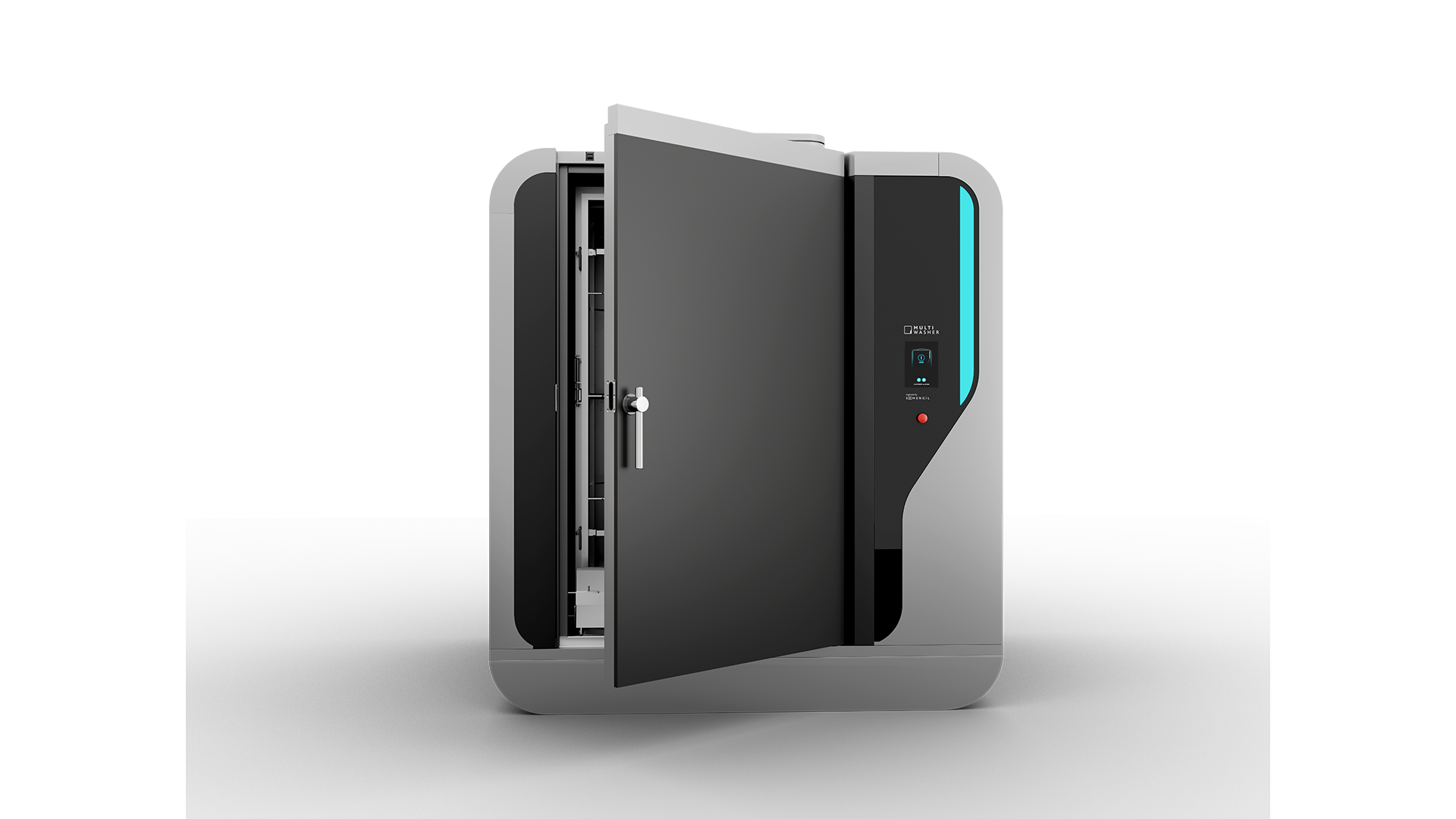
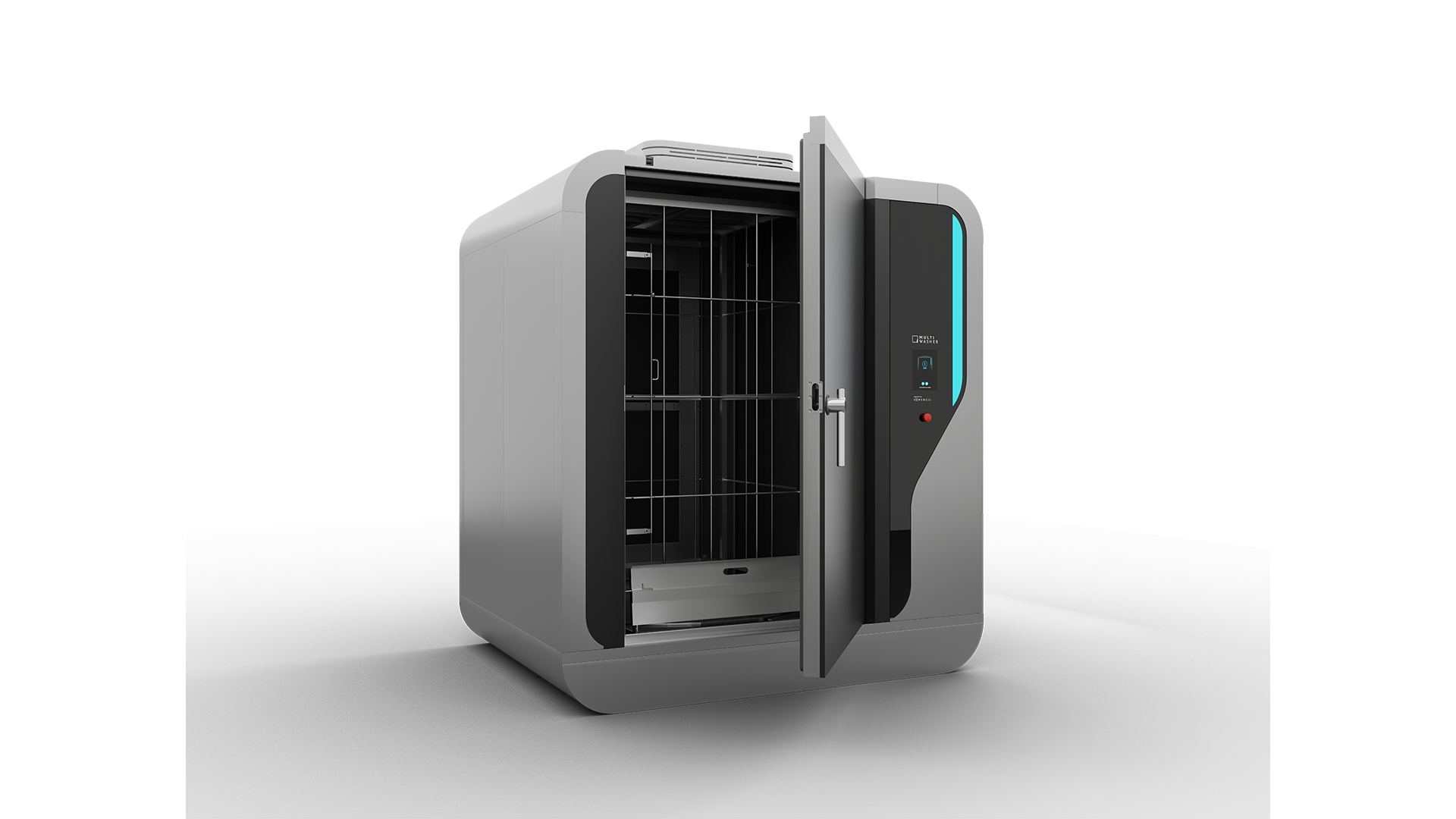
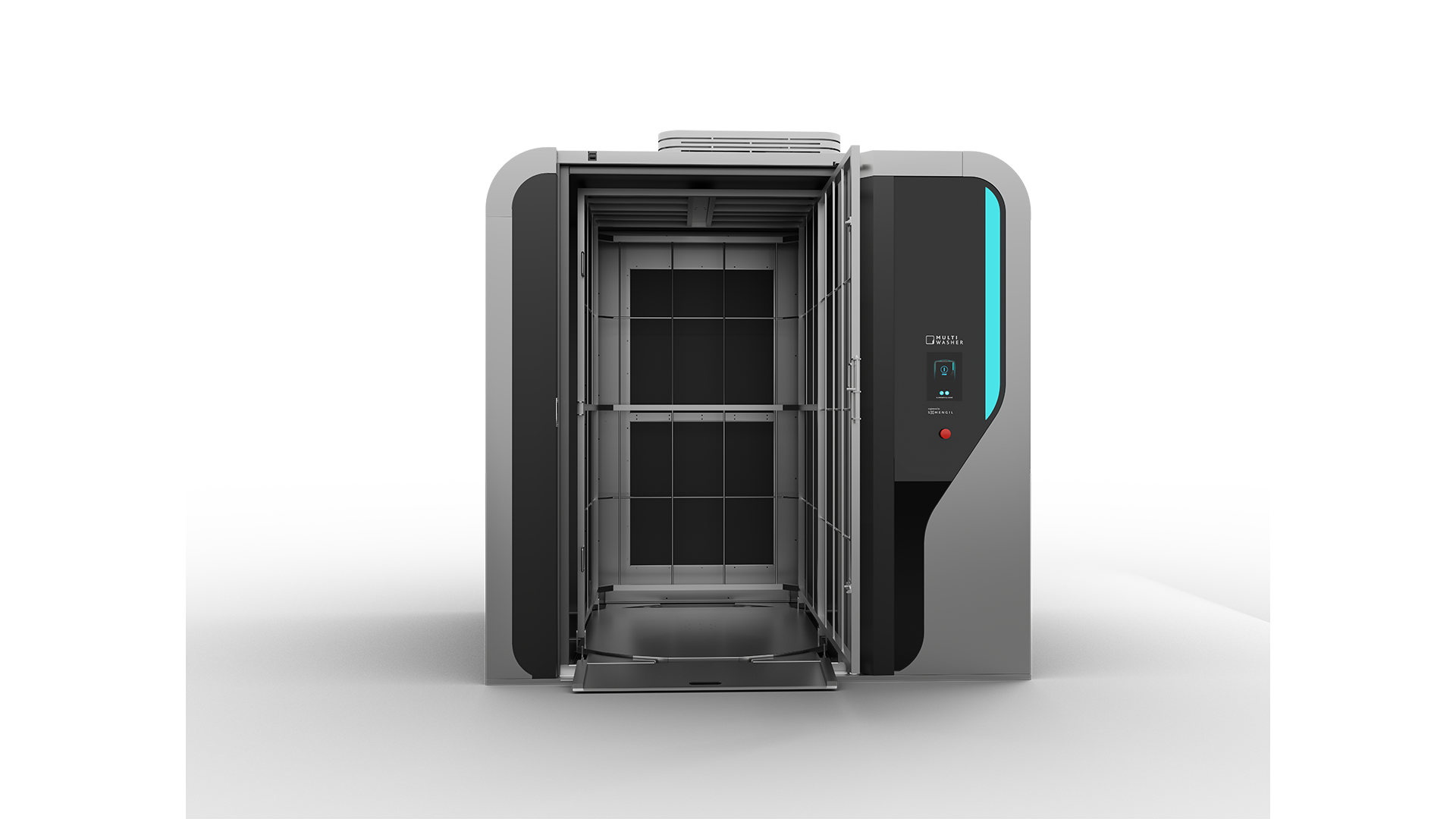
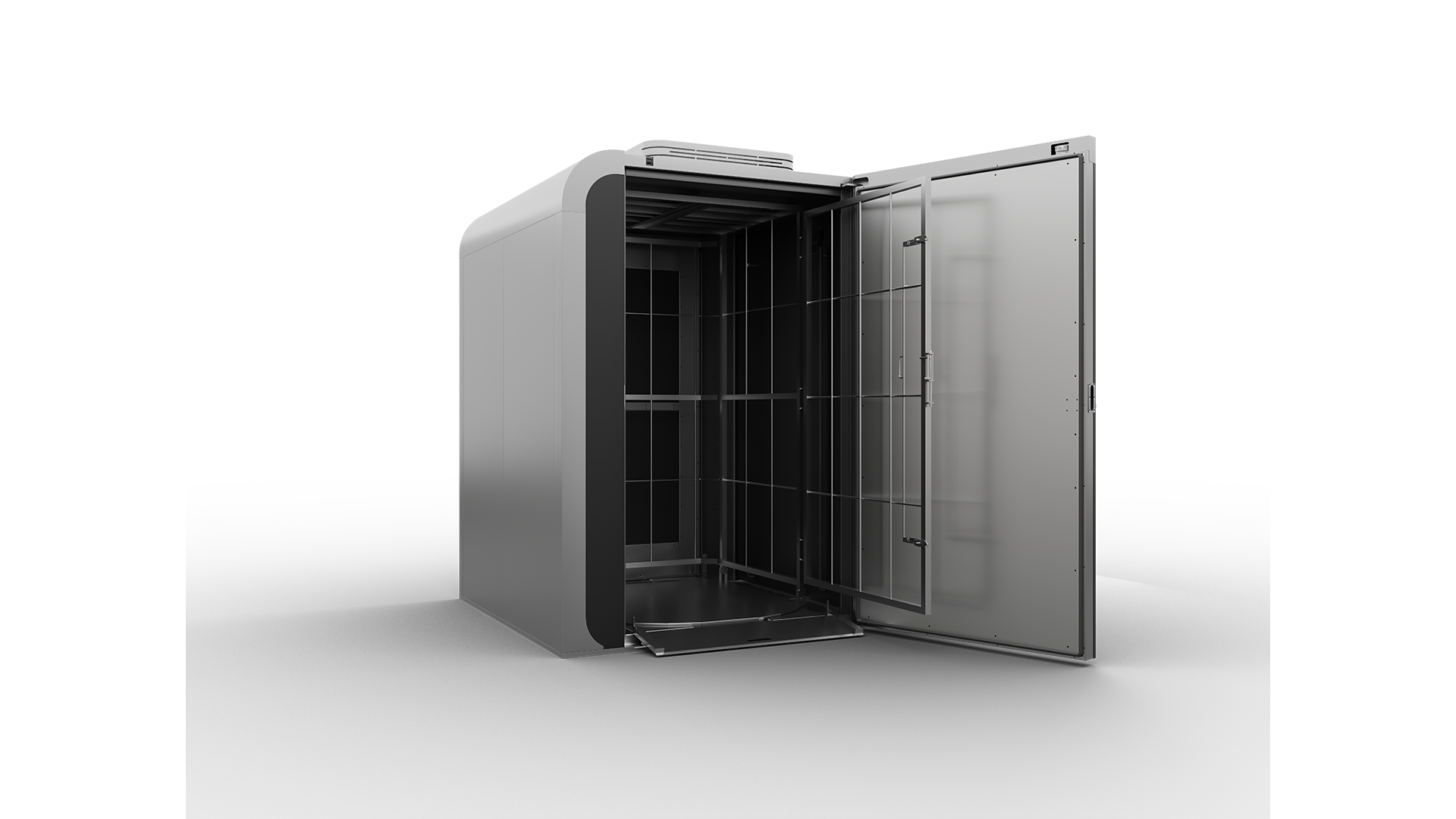
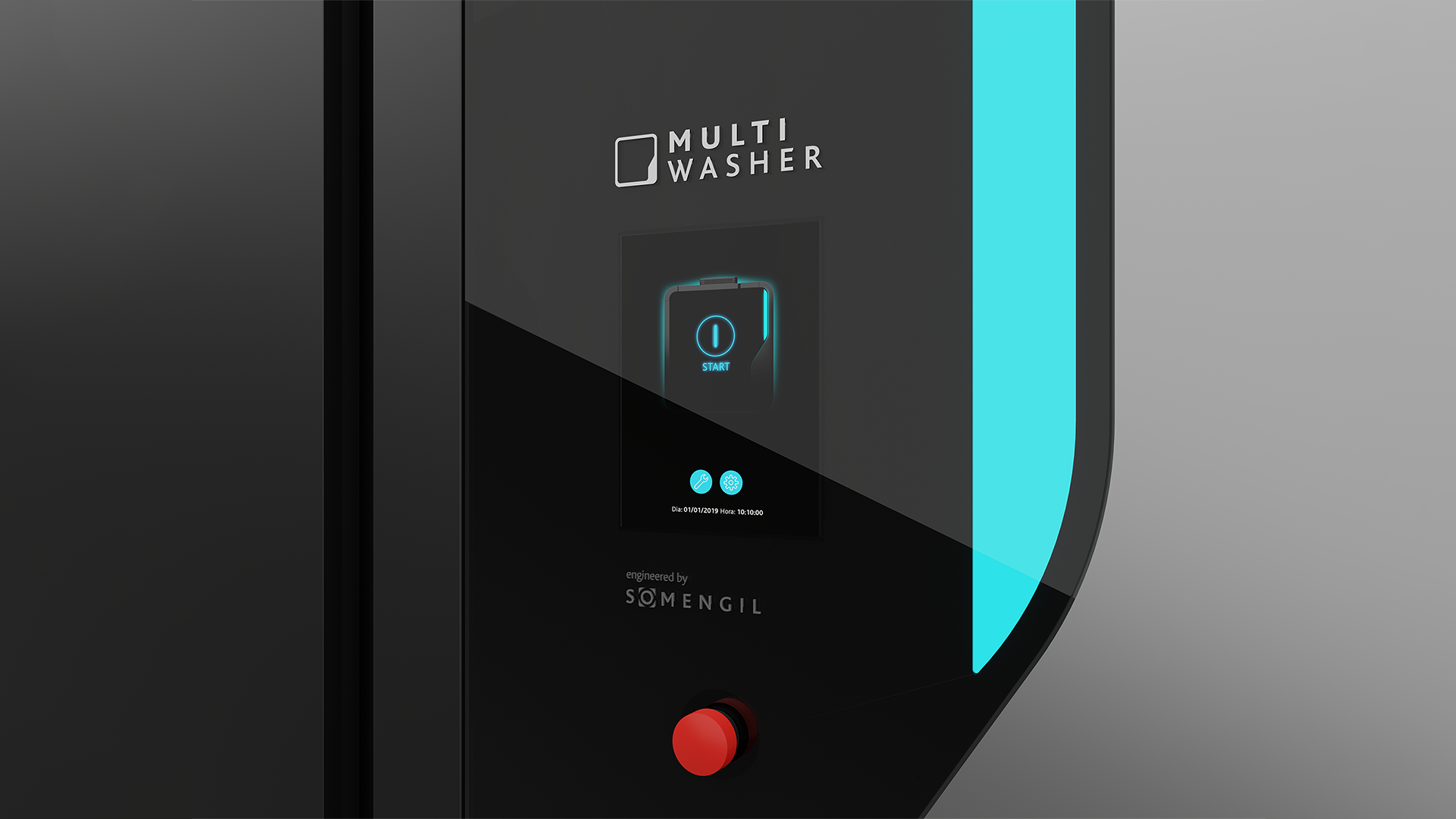
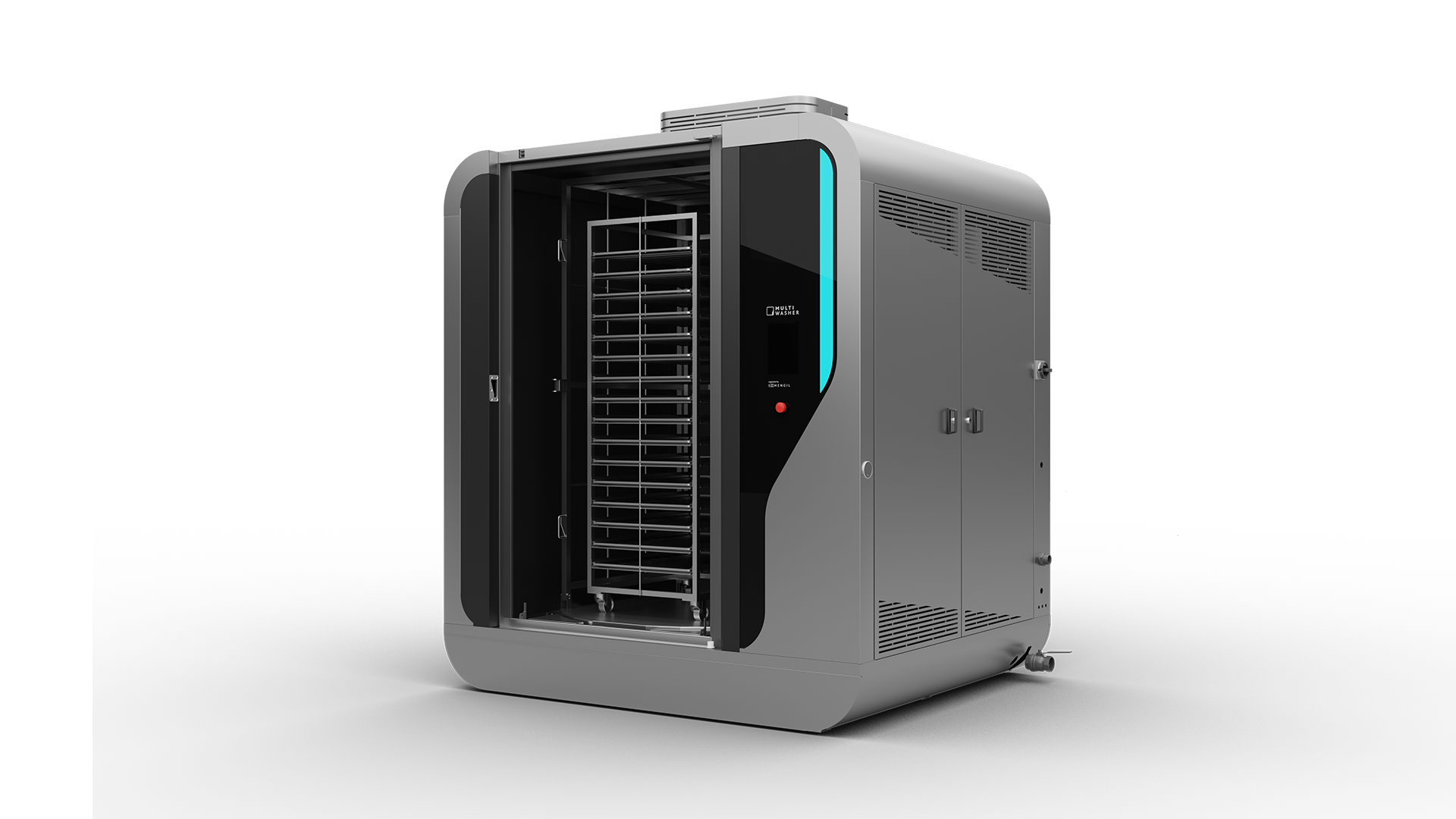
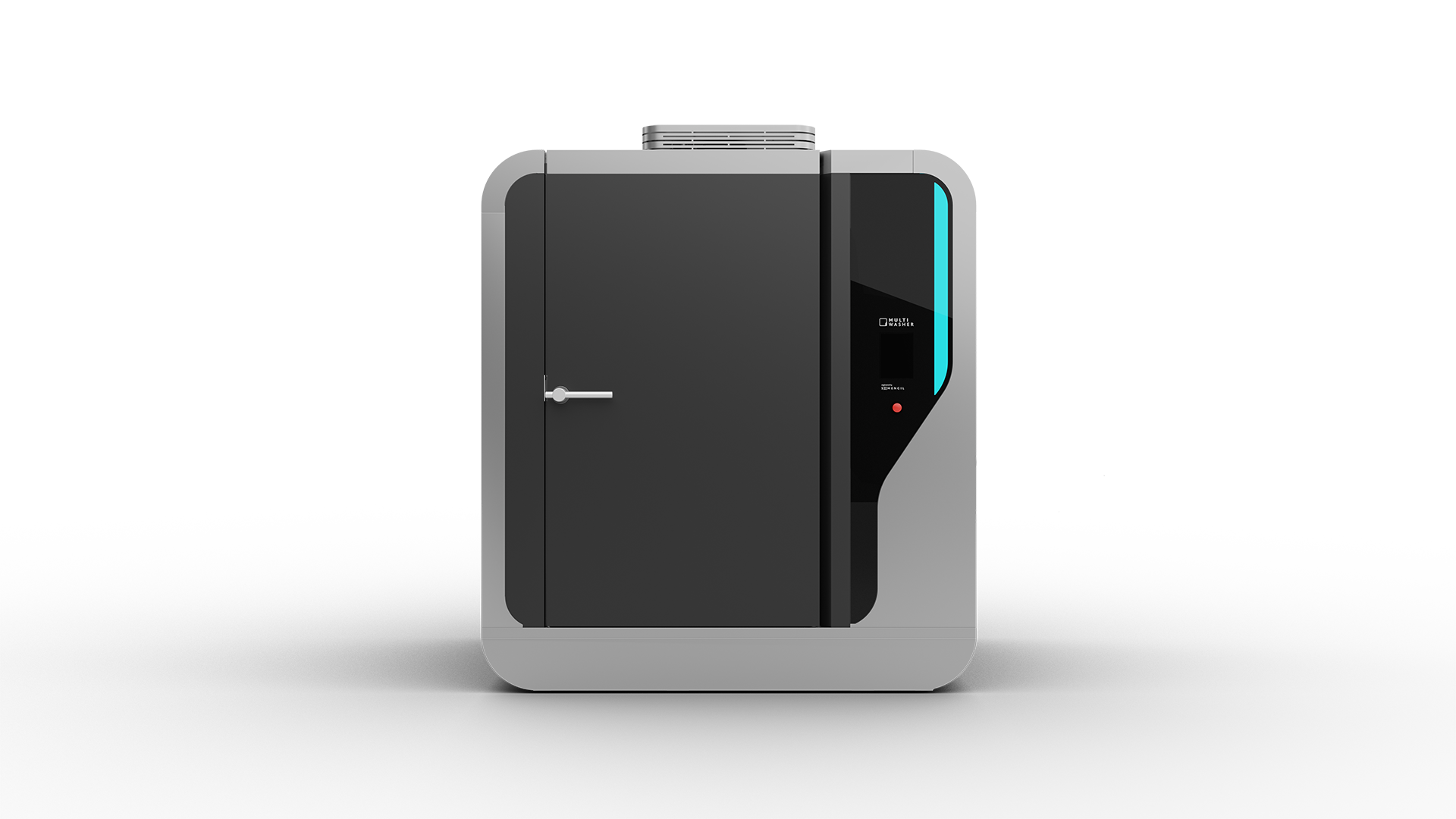
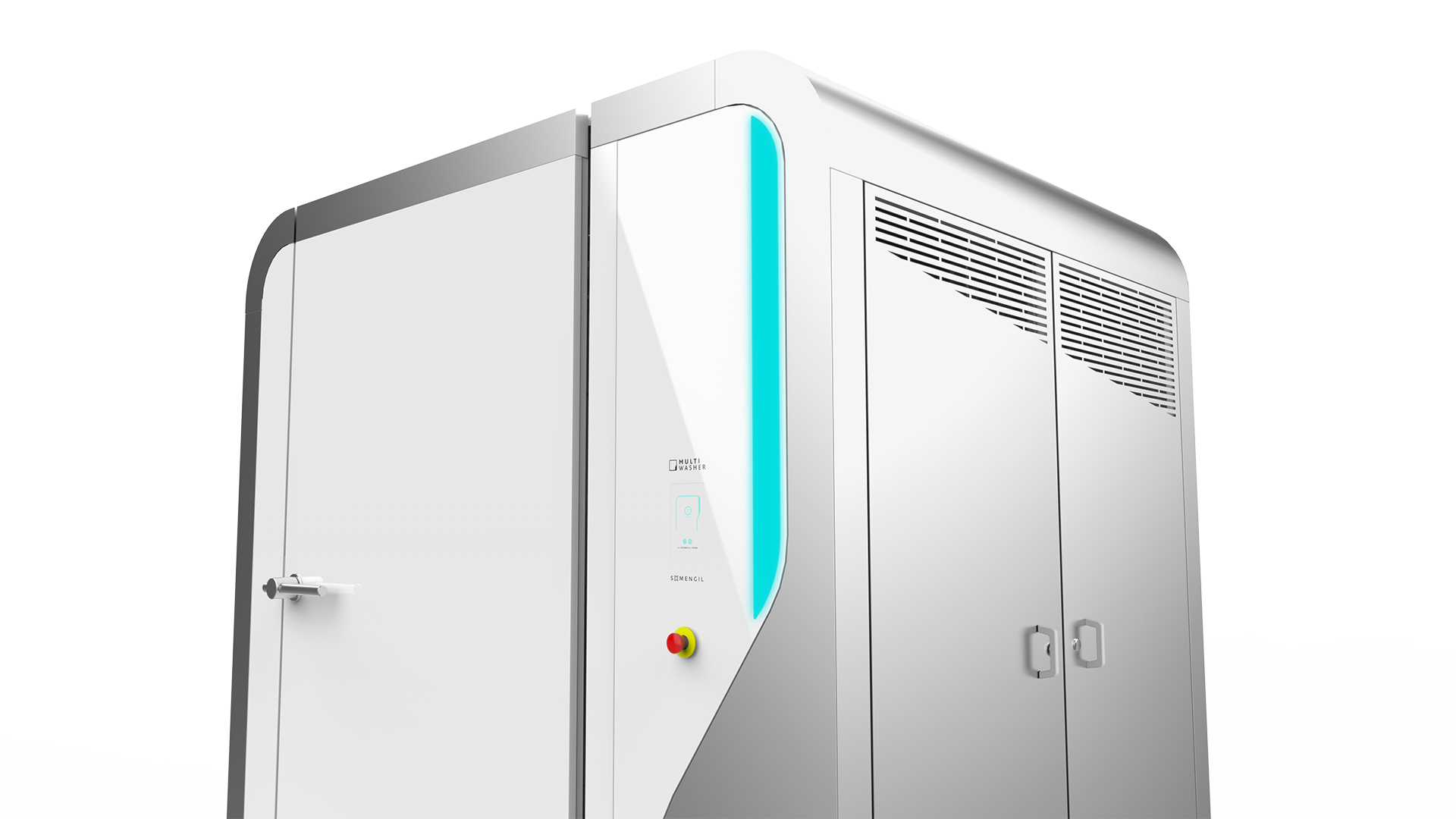
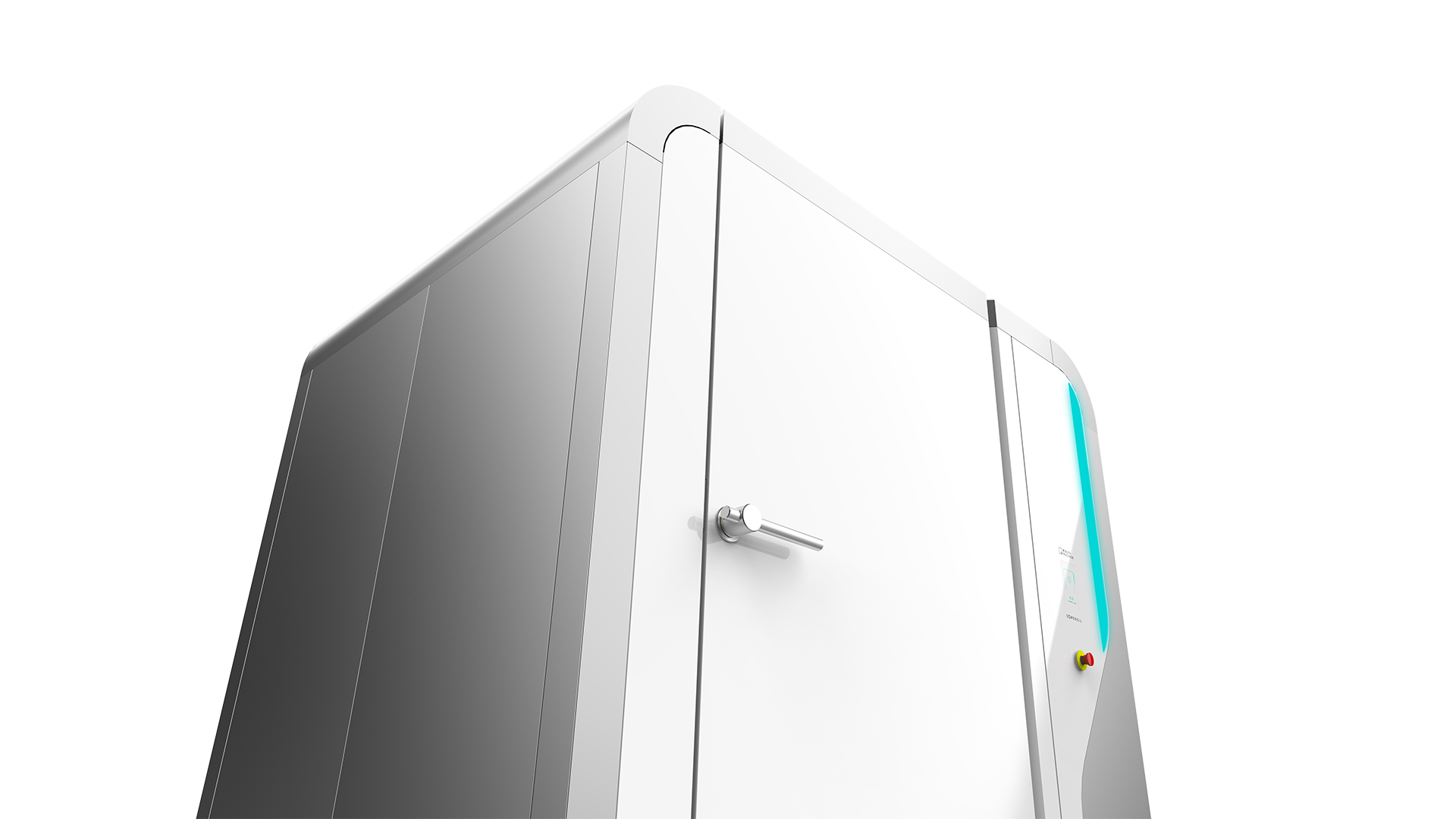
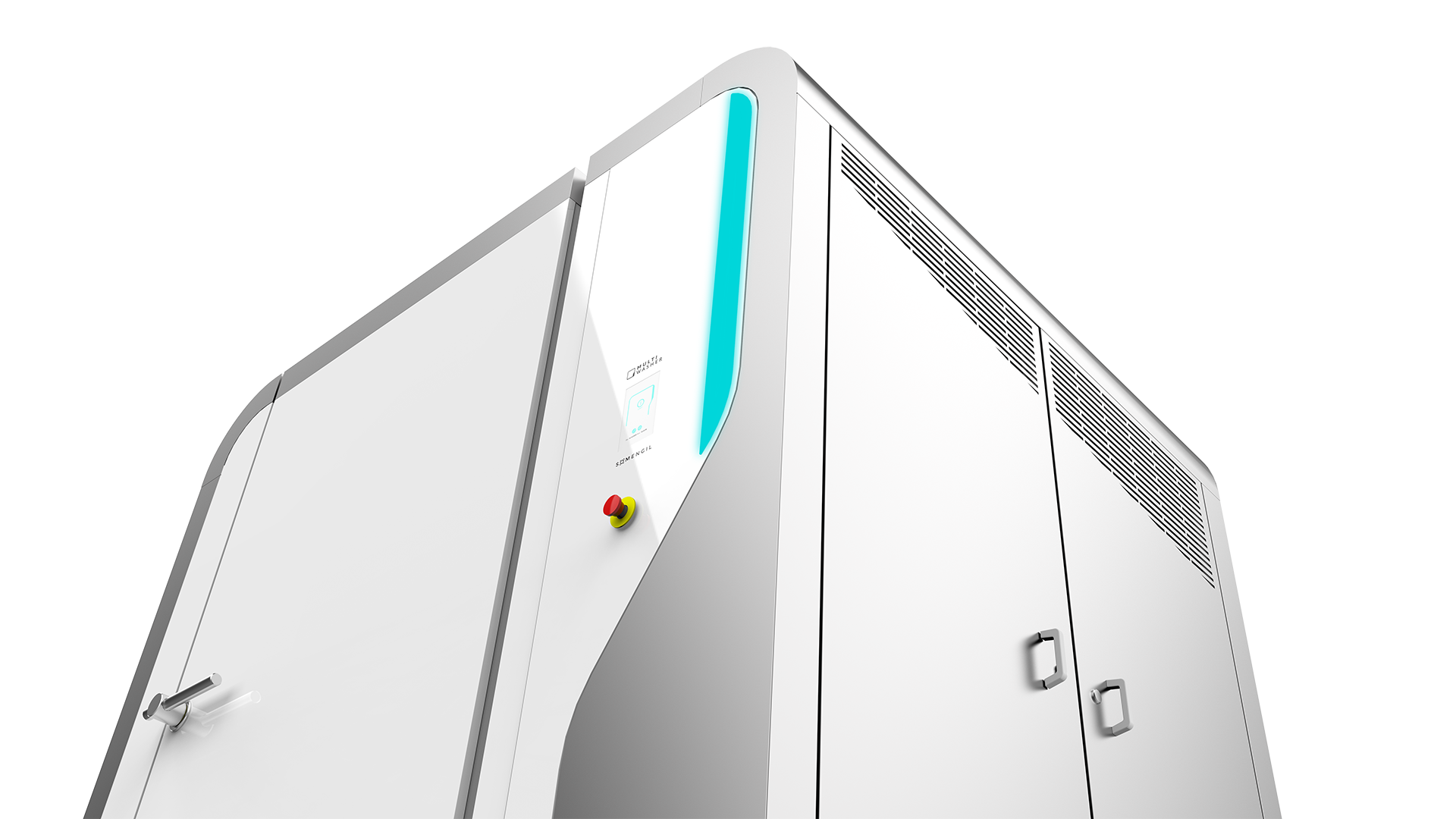
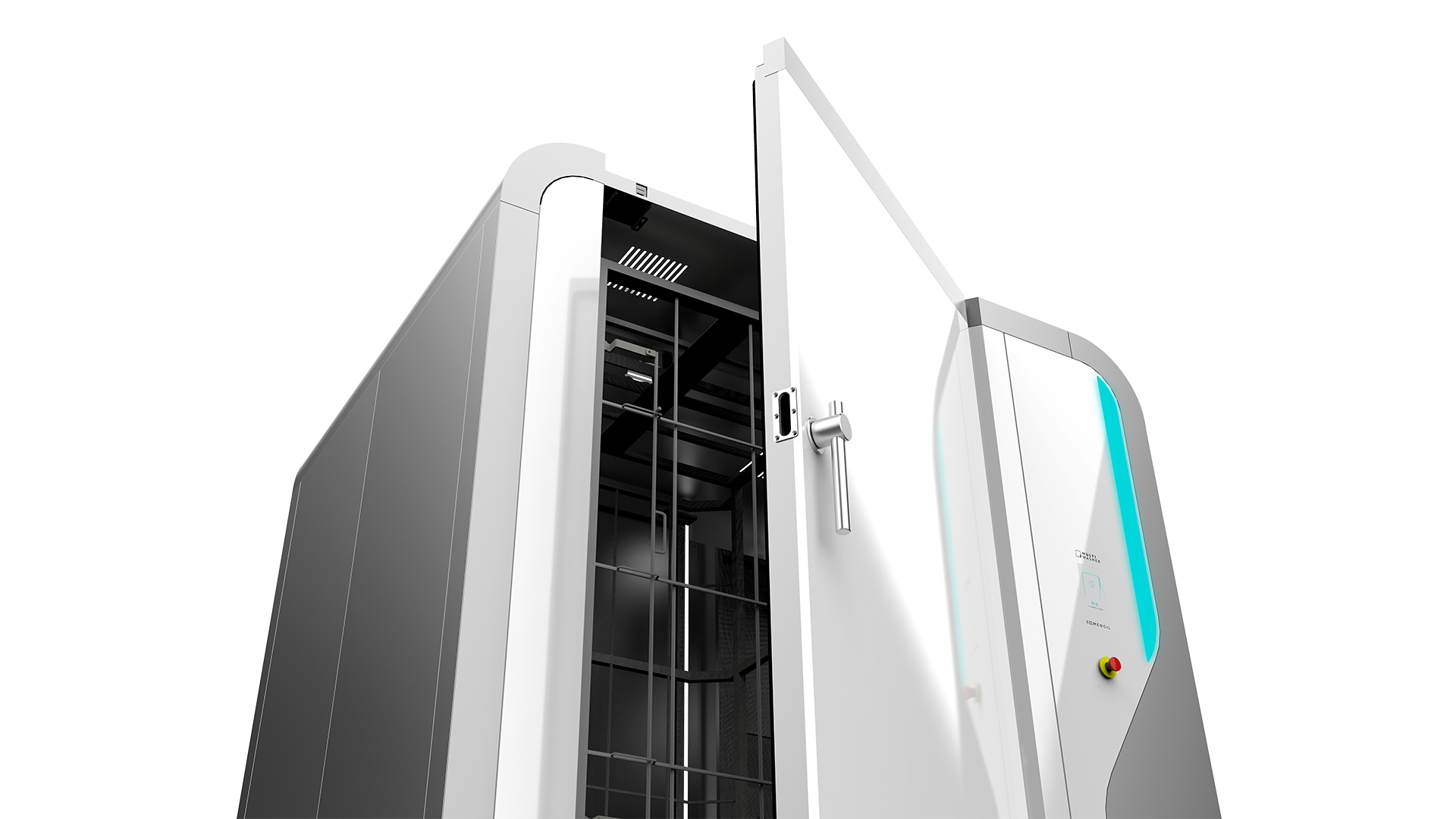
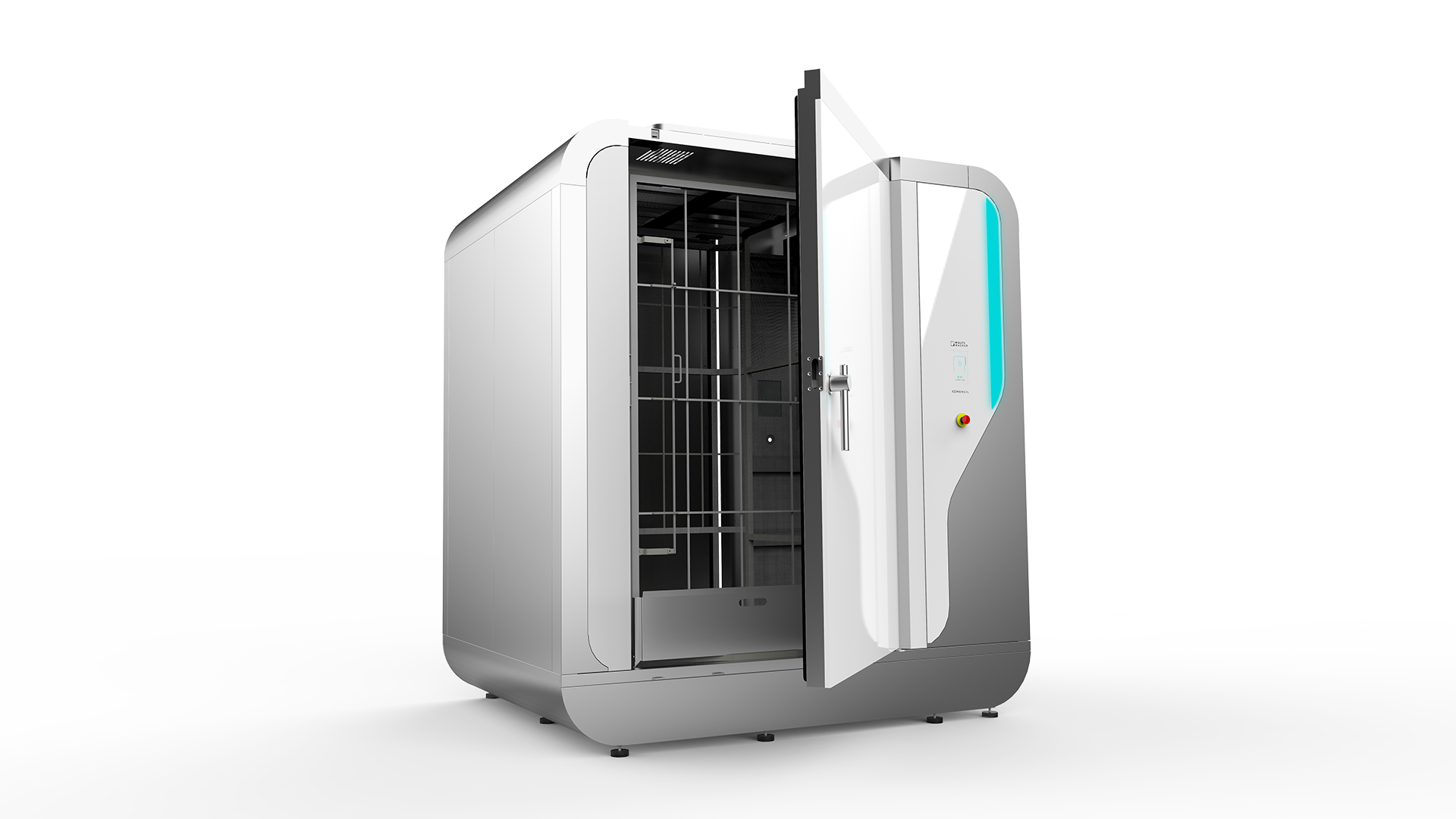
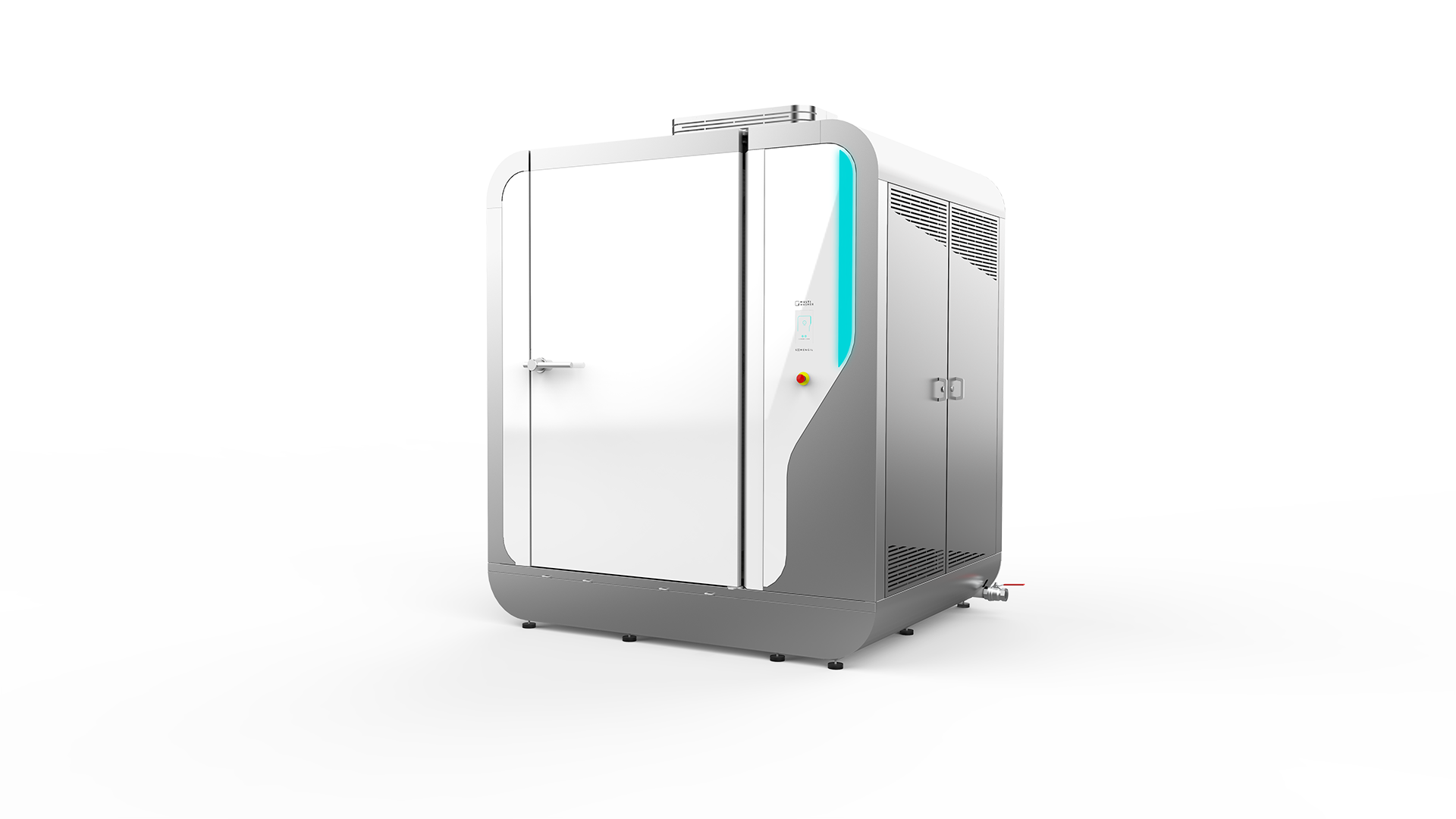
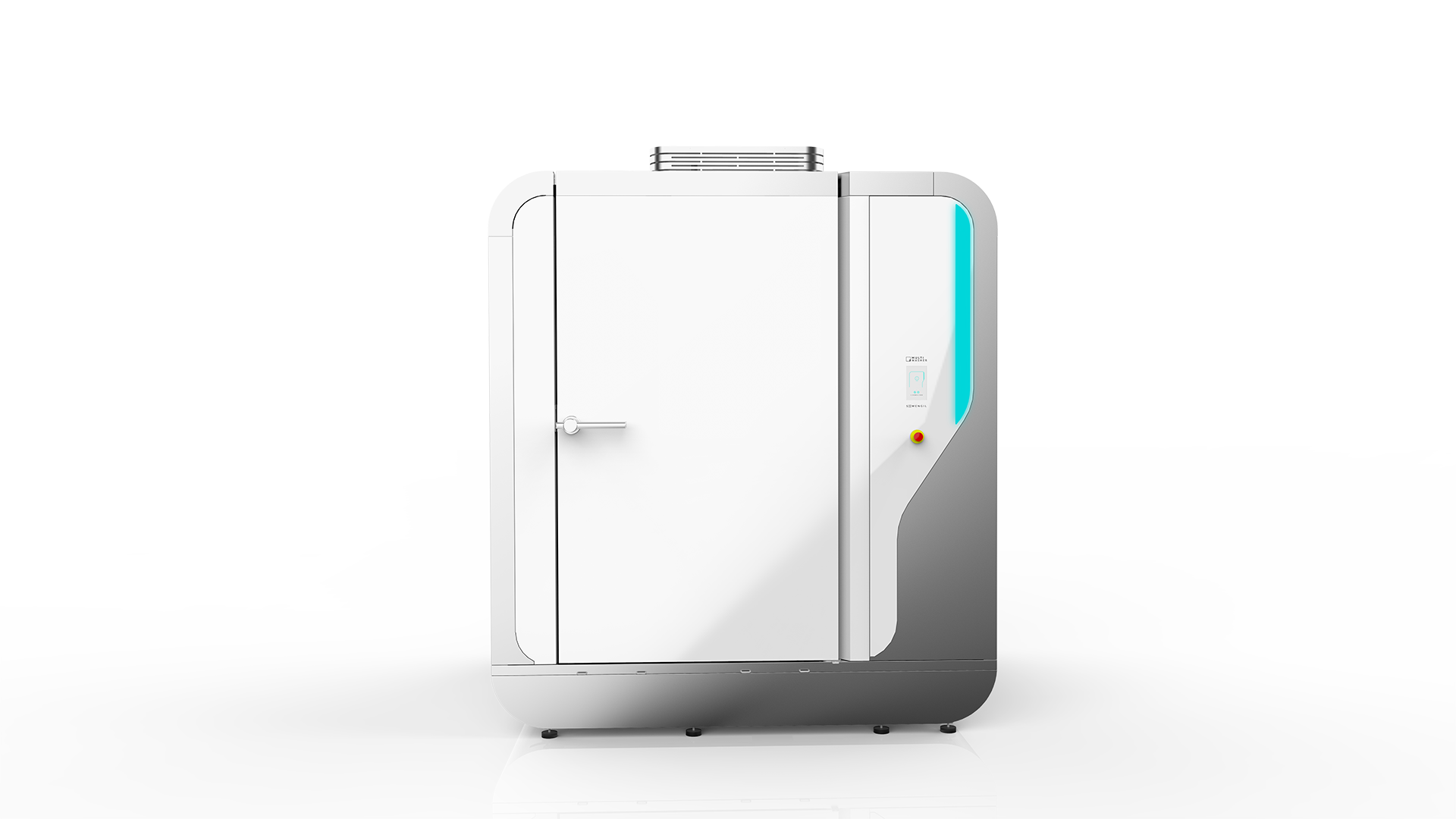
 Português
Português English (UK)
English (UK) English (USA)
English (USA) Français
Français Español
Español Deutsch
Deutsch